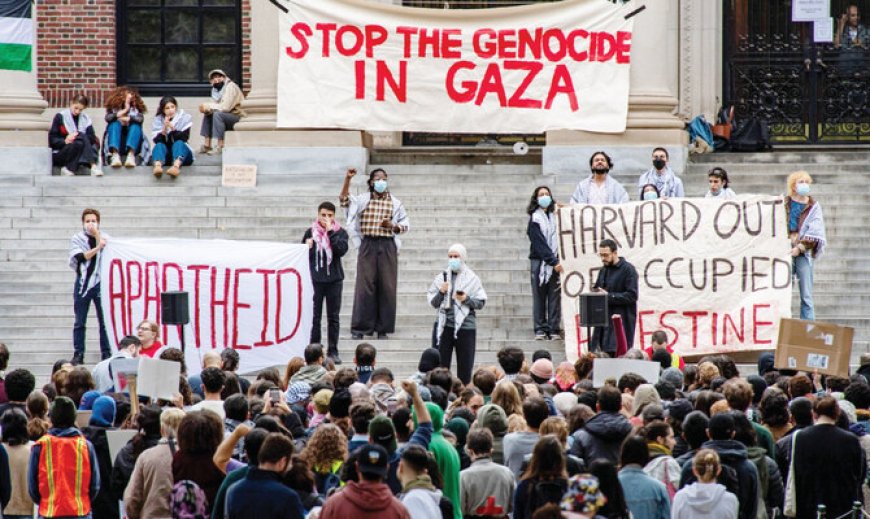Rising Arab and Muslim Voter Engagement amid Gaza Conflict: a turning point in American politics
Recent convention held by the American Arab Anti-Discrimination Committee (ADC) in Dearborn, Michigan, shows how deeply enraged Arab and Muslim voters in the United States are about the growing violence in Gaza.

Recent convention held by the American Arab Anti-Discrimination Committee (ADC) in Dearborn, Michigan, shows how deeply enraged Arab and Muslim voters in the United States are about the growing violence in Gaza. Particularly in response to the Wall Street Journal's provocative description of Dearborn as a "city of terrorists," this gathering—which held from September 12 to 15—marked a momentous event for the community and attracted around 1,000 people. Emphasizing that this gathering was a declaration of pride in Arab American identity and community resiliency, ADC Chairman Safa Rifka
Political attitudes have been dramatically affected by the continuous conflict, which has claimed the lives of about 50,000 Gazans—though independent sources estimate the death toll might be 150,000. Attending attendees expressed great support for third-party contender Dr. Jill Stein, considered as the sole presidential aspirant ready to scrutinize Israel's policies. Many asked Democratic leaders to stand more forcefully, not only denouncing Hamas for its involvement in the conflict but also hold the Israeli government responsible for military activities.
The attitudes reflected the general call for a ceasefire underlined throughout the conference. Alabas Farhat, a Michigan State Representative, pointed out that many political officials had signed a letter urging a stop to hostilities. Reflecting a general yearning for political action that fits community ideals, he said, "The Arab community right now has said very loudly, very clearly, they want a nominee for a ceasefire."
Just six weeks from the election, Illinois State Representative Abdelnasser Rashid underlined that politicians still have the chance to change their agendas to appeal to people worried about the humanitarian situation. "Candidates should modify policies, save lives, and win the support of so many people who really care about this issue," he stated.
Georgia State Representative Ruwa Romman advised her constituents not to give up even with mounting political instability and discontent. She cautioned against a "nihilism" attitude that would keep one from really participating. "My goal is to make sure nobody gives up," she said, underlining the need of political activity and voter participation in forming future outcomes.
As Arab and Muslim voters organize around their common issues, their combined voice in the next presidential contest could have a big influence. Pressing candidates to recognize and handle the complexity of the Middle East's crises, this turning point may potentially reshape political alignments and improve the debate on U.S. foreign policy in the region.













































